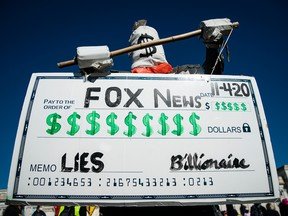SAJ-99
Well-known member
I understand. It is "stimulus" when one party does it, but it is "reckless and inflationary" when the other party does it. The parties are interchangeable. Best to avoid either biased view when planning for the future, because it is unknown for all. Look at the other retirement thread. it had a lot of good info. Anytime someone asks me when/if they can retire I ask them when do they plan on meeting their maker. Without that definite end date, it is all a guess.It was not my intent to be political and infer that the Dems were hell bent on taking my money. The point that was poorly conveyed is that the reading material I referenced actually stated that they would take it however, I believe it was to be understood that with inflation and devaluing of the dollar, the purchasing power of money saved would decrease. The decrease in purchasing power would in effect make your 401k "disappear" (read this as not literally disappear, just not have the same impact to your financial situation in the future that you might have planned).
As for "Job". I know drama. 20 year military guy here. Trust me when I say I know drama and government thought process. New job with unknown drama is retirement.
HT is as good as anywhere to pose questions like this. I don't know any of you personally so your answers are void of bias that may impact the truthfulness of a response.
Your 401k should be in diversified equities and fixed income. It should hold up well to most inflationary scenarios.





